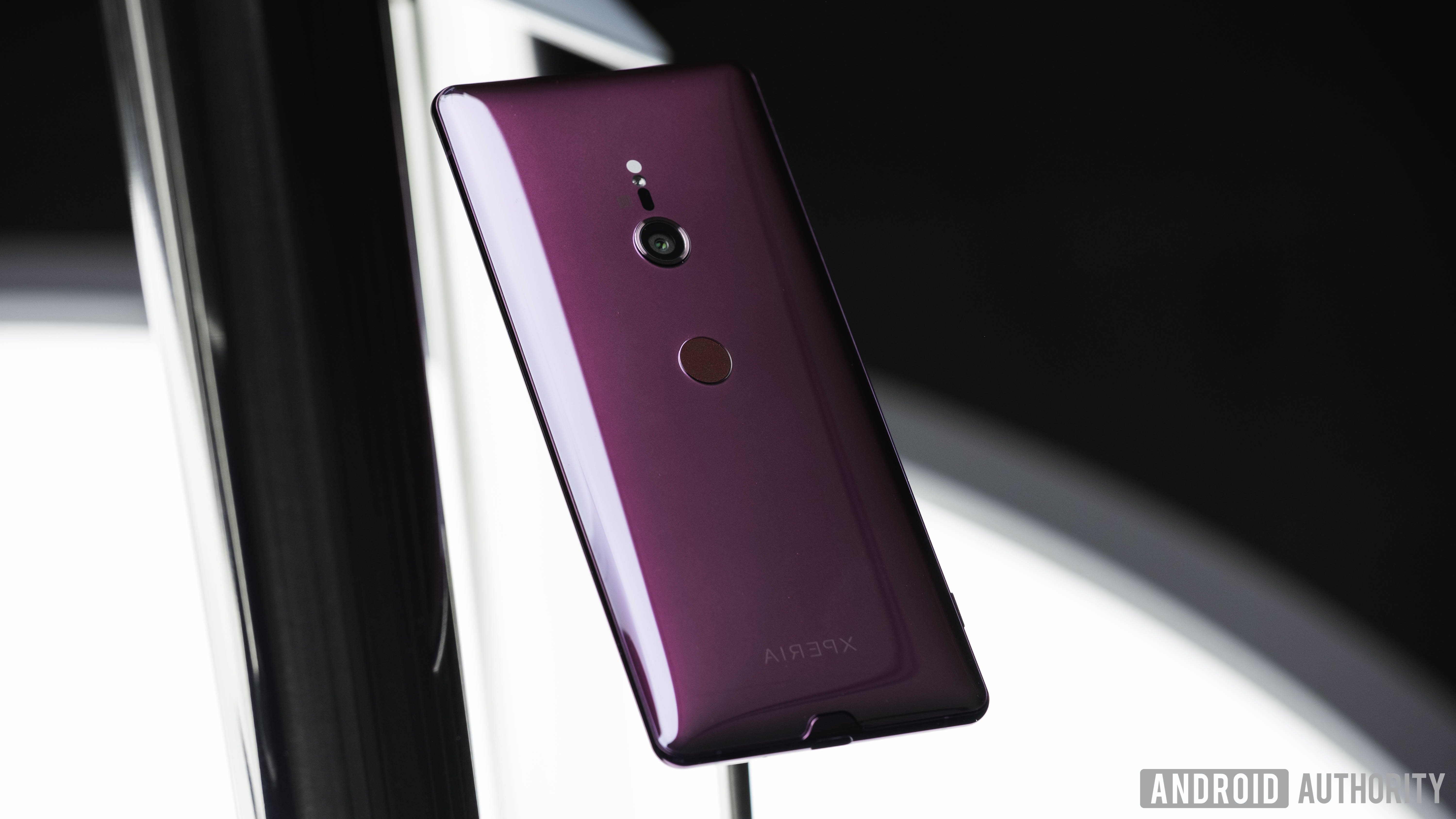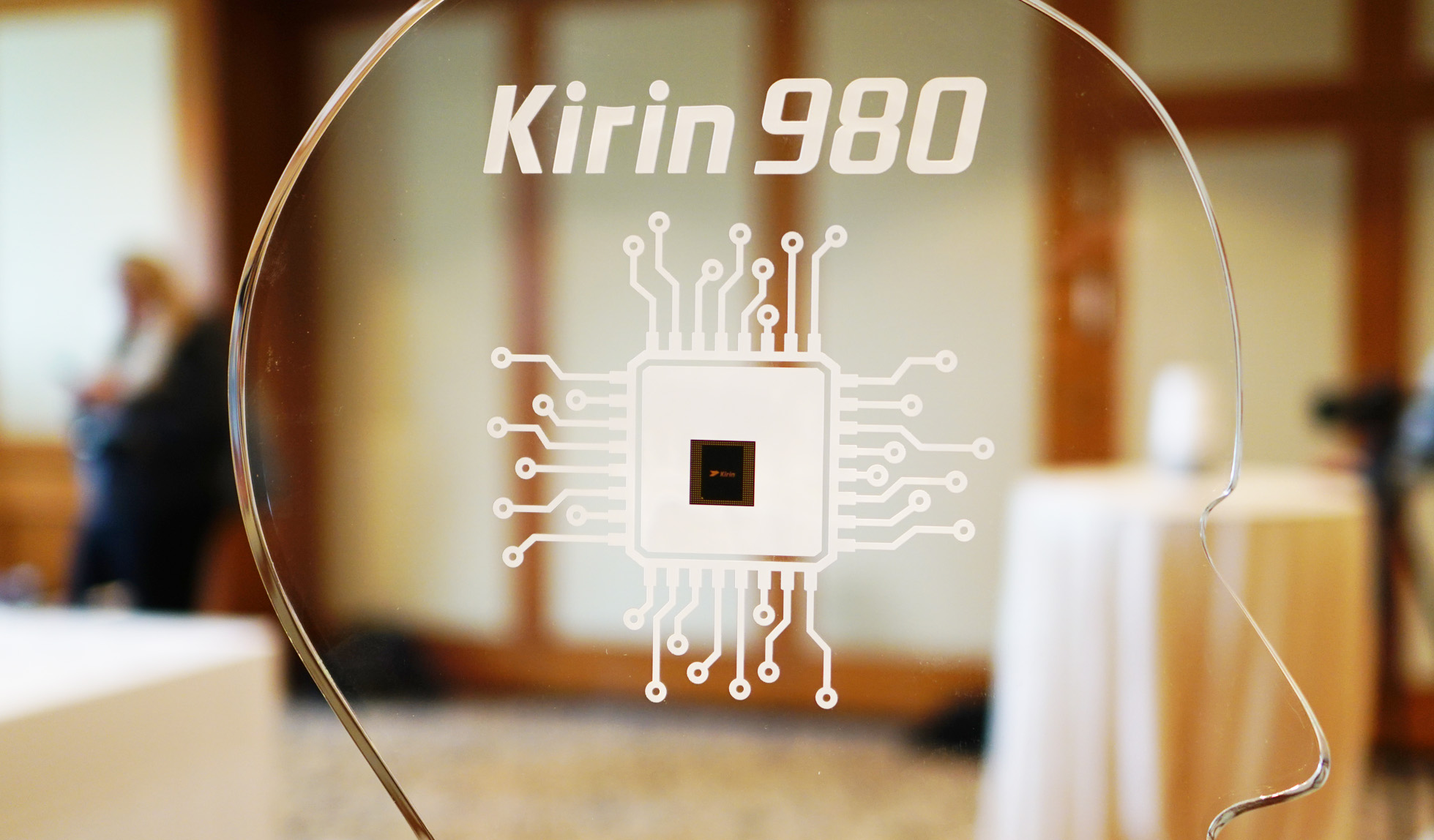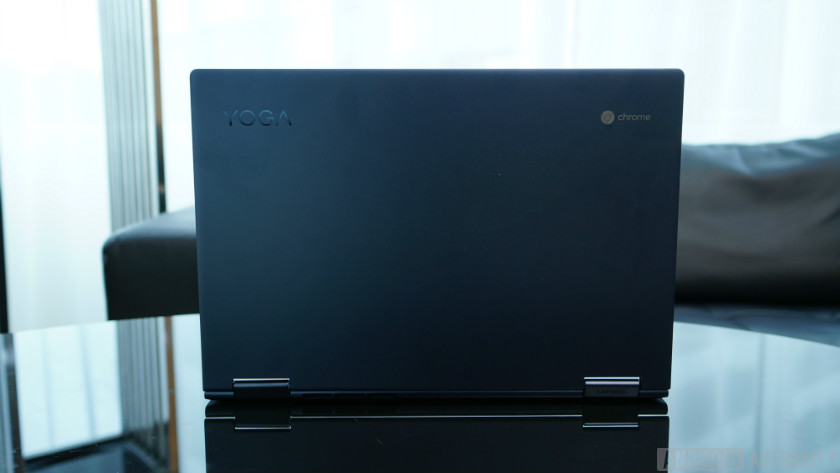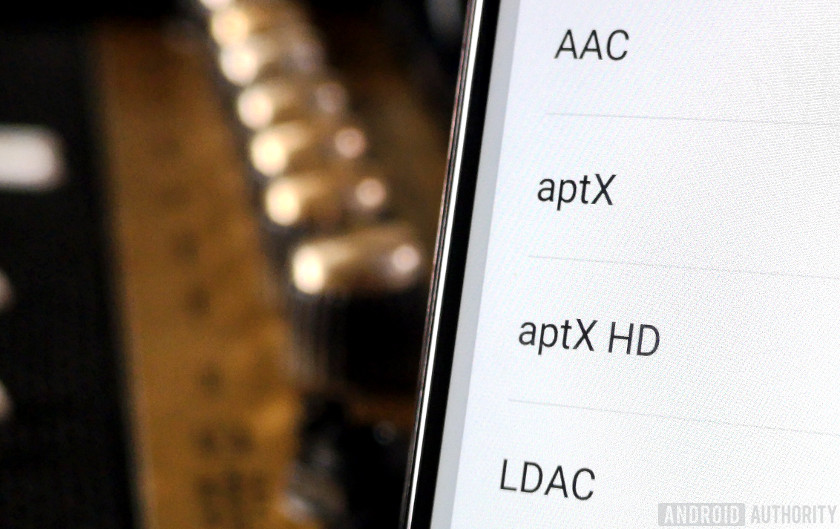
IFA 2018 isn’t officially over for a few more days, but all the biggest announcements are now official. While perhaps not as exciting for the mobile industry as MWC, IFA still saw several new devices from Huawei, Sony, LG, Motorola, and others. There were also plenty of audio related announcements, new Chromebooks, and tons of smart speakers. Just to name a few.
The big question is what we were most impressed by. While there were a lot of great announcements, we had just five awards to officially give, and it wasn’t an easy decision. Here are Android Authority’s best of IFA 2018 awards.
Sony Xperia XZ2
Sony launches a new member to its Xperia line nearly every IFA, and this year is no different. The Sony Xperia XZ3 may not be a revolutionary device but it was easily the most interesting phone announced at IFA – at least that’s going to be commercially available anytime soon.
The Xperia XZ3 packs in a Snapdragon 845 with 4GB RAM and 64 GB storage. But the real star is the 6-inch LCD display, which makes the move to OLED – a first for Sony. The Sony Xperia XZ3 also rocks Android Pie out of the gate, instead of sticking us with Oreo.
Huawei Kirin 980

Huawei’s Hi-Silicon Kirin chips have come a long way in the last few years, but the Huawei Kirin 980 is easily the most impressive yet.
The Kirin 980 is packed full of “firsts”. The chip is the first processor based on the 7nm processor and the first to utilize Arm’s Cortex-A76 cores, along with four lower power Cortex-A55 cores. This also means the Kirin 980 the first chip announcement that uses the Mali-G76 GPU, which offers up a 46 percent improvement to graphics processing power and a massive 178 percent improvement in power efficiency over the Kirin 970’s Mali-G72 MP12. Lastly, the Kirin 980 is the first chip to utilize a Category 21 LTE modem, allowing for up to 1.4Gbps download and 200Mbps theoretical upload speeds.
The 980 also continues Huawei’s dedication to AI, implementing a dual NPU setup. This can provide even more than a doubling of performance in some use cases, according to Huawei.
Lenovo Yoga Chromebook

At IFA 2018 we saw several OEMs introduce more premium Chromebook experiences, including Dell, Acer, and Lenovo. One stood out above the rest, the Lenovo Yoga Chromebook.
The latest Chromebook from Lenovo packs in solid specs, an optional 4K display, and a premium all-aluminum design. It also happens to be one of the largest Chromebooks ever introduced, thanks to the 15.6-inch display. Despite the large display, it’s still a sleek device and has the iconic 180-degree rotating hinge you’d expect from a Yoga device.
Up until now, large Chromebook fans have had very limited options, and the few that have packed bigger displays have typically been underpowered. It’s nice to see that Lenovo understands not all customers have the same wants and needs. Hopefully, this kickstarts a trend of giving consumers more Chromebook size options in the future.
Qualcomm AptX Adaptive codec

With the headphone jack absent from many of this year’s high profile smartphone releases, audio enthusiasts are becoming increasingly reliant on Bluetooth audio. Its problems are well detailed, with poor quality audio and connection drops often the most cited. Qualcomm’s new aptX Adaptive codec aims to solve these issues, thanks to its dynamic quality scaling feature that adapts based on your radio environment and audio content.
The codec supports CD quality through to 24-bit audio in an even smaller bandwidth size, ensuring connection stability and top notch audio quality. In addition, aptX Adaptive’s greatly reduced latency makes it the only Bluetooth solution suitable for gaming on the go. Ideally, Bluetooth audio should possess the best features of a wired connection and aptX Adaptive comes the closest yet to making that a reality.
Google’s Wear OS
At MWC we gave Android One an award, now it’s Wear OS’ turn. This might seem a bit of an odd move. I mean, it’s a UI change for a smartwatch, how great can it be? Try it first, then we’ll talk. When Android Wear first hit the scene, it was far from the most polished experience. With the rebranded Wear OS 2, Google took a positive step in the right direction. Now Google’s making more changes, for the better.
First, Wear OS is no longer tethered to yearly releases, with monthly gradual updates part of the new plan. Second, Wear OS now gets much better notifications that make it faster and easier to see what you need. There’s also improved Google Assistant functionality and a much revamped Google Fit experience.
None of these features might sound ground-breaking on their own, but it now feels like Wear OS is forging its own path forward instead of merely playing catch up to competitors like the Apple Watch. This shift in direction is very noticeable when you try out the new UI and we’re excited to see how the platform evolves going forward.
That’s it for Android Authority’s best of IFA 2018 awards! What was your favorite product from the show? Do you think anything else deserved an award? Be sure to tell us your thoughts in the comments.
from Android Authority https://ift.tt/2LNLpDH






No comments:
Post a Comment